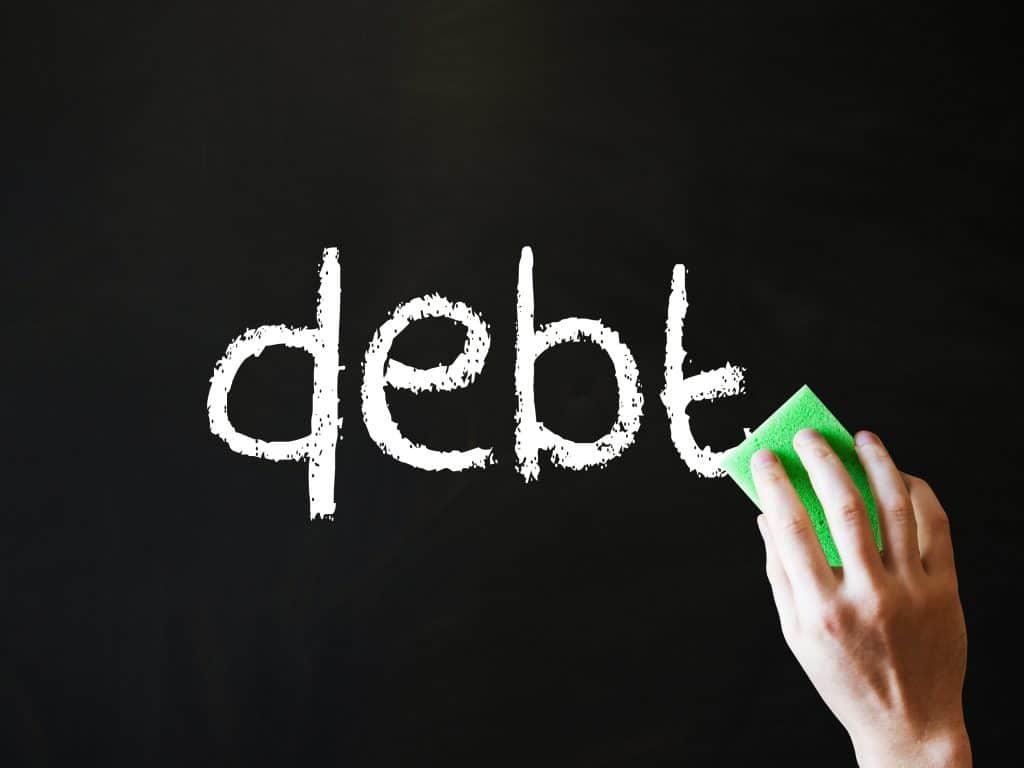If you’re having trouble juggling payments on a few credit cards and the interest rates on those debts are sky-high, it might be time to look into a debt consolidation loan.
What is a debt consolidation loan?
Simply put, a debt consolidation loan lets you combine debts from several sources, such as credit cards, and then pay off those debts with the proceeds you get from the loan. Going forward, you’ll be paying one consistent interest rate on the debt, and you won’t be struggling to manage an array of bills.
The main goal of a debt consolidation loan is to decrease the amount of money you’re spending to borrow money.
Scenario
For instance, you might owe a total of $12,000 on four credit cards with interest rates ranging from 18% to 24%. However, you might be able to roll those debts into a five-year debt consolidation loan with an interest rate of 15%.
If everything goes as planned, you can lower the overall interest rate on the $12,000 you owe and, therefore, reduce the sum of money you’re being charged to borrow the money. Plus, you’ll be making one monthly payment for the debt consolidation loan instead of four monthly payments for the credit cards, which should simplify your household budgeting.
That debt consolidation loan can turn out to be more expensive than payments on the four credit cards if you’re not careful, though.
The National Endowment for Financial Education, a nonprofit that helps Americans make wise financial decisions, urges caution when considering the length of a debt consolidation loan, as many people don’t realize that stretching out the loan over a longer period leaves them with more debt.
For example, the group says, a five-year loan for $20,000 at a 10% interest rate would result in payments of $425 a month and total interest of $5,496. Extending the loan to 15 years would cut the monthly payment to $215, but it would raise the total interest you owe to $18,685. With the 15-year loan, you’d be paying more than $13,000 extra to borrow the same amount of money.
Understand the payment terms
Before signing any paperwork, make sure you know how much interest you’ll be paying over the life of the loan. Also, be aware that a debt consolidation loan might come with an introductory “teaser” rate that lasts a certain period of time, the federal Consumer Finance Protection Bureau says; after that, the interest rate likely will go up.
Furthermore, be mindful of any fees or other costs that accompany a debt consolidation loan, the bureau says.
Once you take out a debt consolidation loan, avoid falling into the trap of treating it as a license to spend. The idea behind a debt consolidation loan is to be more careful with your cash, not to go on a spending spree.
Debt consolidation loans
“Debt consolidation loans are amazing weapons against debt — but only if you have the income and the discipline to wield them,” says Howard Dvorkin, chairman of Debt.com, which gives advice about money. “Too often, I’ve seen people take out these loans, pay off their debts and then rack up even more debt. They solved their debt problem, but not their spending problem. Then they end up in even more debt later.”
When applying for a debt consolidation from a bank, credit union or private lender, your credit score will be important in determining whether you qualify and what your interest rate will be. Roughly speaking, interest rates for debt consolidation loans vary from 5% to 30%.
Dvorkin notes, however, that your credit score won’t be weighed as heavily in the application process as your debt-to-income ratio will be. In most cases, you’ll need a debt-to-income ratio of 41% or less to get approved for a debt consolidation loan, he says.
Check Rates
Debt-to-income ratio
According to the Consumer Financial Protection Bureau, your debt-to-income ratio represents all of your monthly debt payments divided by your gross monthly income. “This number is one way lenders measure your ability to manage the payments you make every month to repay the money you have borrowed,” the bureau says.
The bureau provides this example:
If you pay $1,500 a month for your mortgage, another $100 a month for an auto loan and $400 a month for the rest of your debts, your monthly debt payments are $2,000. ($1,500 + $100 + $400 = $2,000.) If your gross monthly income is $6,000, then your debt-to-income ratio is 33%. ($2,000 is 33% of $6,000.)
Before applying for a debt consolidation loan, Dvorkin recommends contacting a top-rated nonprofit credit counseling agency. The agency can perform a free debt analysis to see whether a debt consolidation loan is the right solution for wiping out your debt. To find a credit counseling agency in your area, check out the website of the National Foundation for Credit Counseling.
Credit counseling
Rather than a debt consolidation loan, a credit counseling agency might steer you toward an option such as a debt management plan, the National Foundation for Credit Counseling says. A debt management plan lets you erase debts through monthly payments made to the agency, which then distributes the money to your creditors, such as credit card companies. Participation in this kind of plan might enable you to get reduced or waived finance charges and fees, and to deal with fewer annoying calls from collection agencies.
If a debt consolidation loan winds up being a good solution for you, be sure to shop around to find the best interest rate and terms.
“People who are burdened with debt need to carefully consider what is best for their financial situation,” Ted Beck, president and CEO of the National Endowment for Financial Education, says in a news release. “For some, debt consolidation loans may be a good option. But it is important that consumers fully understand the consequences.”
